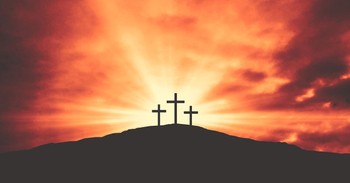"May the Road Rise Up to Meet You" - The Beautiful Irish Blessing Meaning and Origin
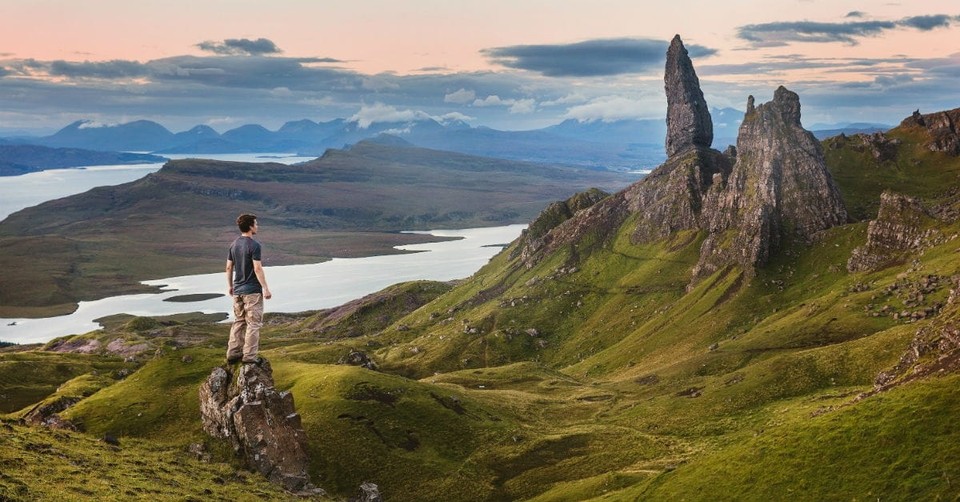
“May the Road Rise Up to Meet You,” an Irish blessing often used as a prayer, has traveled throughout the centuries by musical composition, word of mouth, and even a popular cross-stitch pattern. Being of Irish decent, I once cross-stitched it, myself. I loved the way my Grandmother held onto her Irish roots, passing down traditions and tracing our family roots back to that first cobblestone street in Ireland. But more than roots of heritage, this blessing connects centuries of those who have faithfully hung onto hope through their faith.
The most familiar and popular lines recited from "May the Road Rise Up to Meet You" include:
May the road rise up to meet you.
May the wind be always at your back.
May the sun shine warm upon your face;
the rains fall soft upon your fields and until we meet again,
may God hold you in the palm of His hand.
The full text reads as:
The Irish Blessing
May the road rise to meet you,
May the wind be always at your back.
May the sun shine warm upon your face,
The rains fall soft upon your fields.
And until we meet again,
May God hold you in the palm of his hand.
May God be with you and bless you:
May you see your children’s children.
May you be poor in misfortune,
rich in blessings.
May you know nothing but happiness
From this day forward.
May the road rise up to meet you.
May the wind be always at your back.
May the warm rays of sun fall upon your home,
And may the land of a friend always be near.
May green be the grass you walk on,
May blue be the skies above you,
May pure be the joys that surround you,
May true be the hearts that love you.
Photo Credit: Unsplash/Joshua Earle
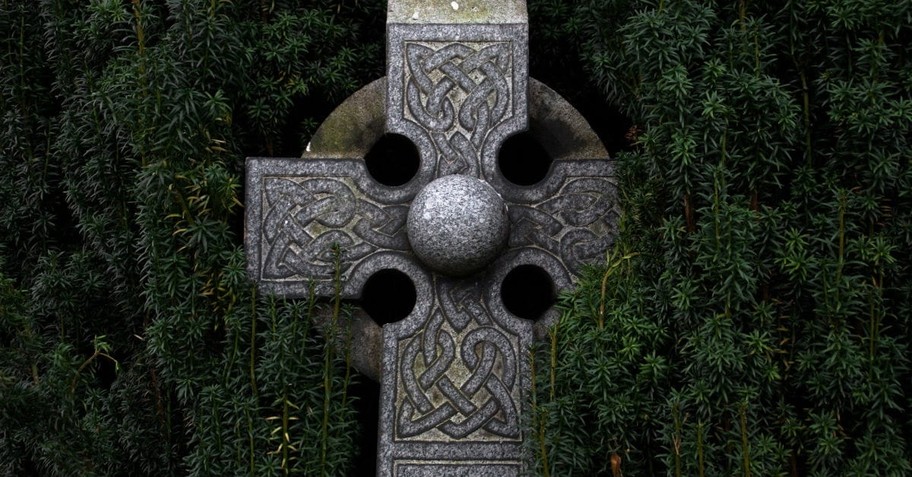
History and Origin of "May the Road Rise Up to Meet You" Irish Blessing
The Irish blessing is a prayer, originally written in Gaelic. “May the road rise to meet you” is actually mistranslated quite a bit from the original Gaelic language it was written in. “Rise” actually translates more accurately to “succeed.” So the text means,“May you succeed on your road.”
The author of the prayer isn’t known for certain, although many attribute it to St. Patrick, as it is similar to his other writings.
The ancient Irish were said to have a deep appreciation for nature. Perhaps the beautiful scenery they were blessed to be surrounded by helped them connect with God and early Christianity. The wind, the sun, and the rain are included in this particular Irish prayer and blessing. Celtic literature is famed for using images of nature and everyday life to speak of how God interacts with His people.
Photo Credit: Unsplash/Adrian Moran
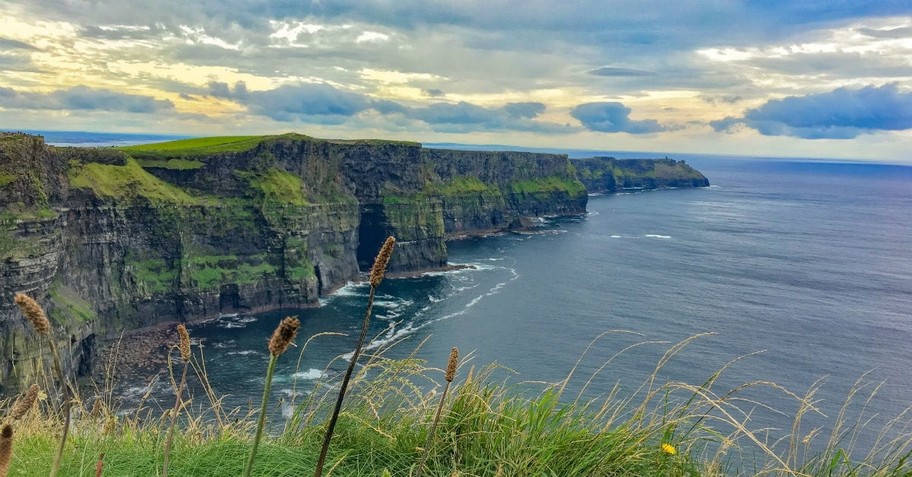
"Wind At Your Back" Meaning and Symbolism
Knowing that the first line wishes the prayer’s recipient success, the element of wind “at your back” in this passage could simply mean a lack of hardship to go up against or challenge to climb over. A flat road is easier to travel than one with hills or even gradual inclines.
But Christians know that it’s unrealistic to have zero obstacles because those are often the building blocks of character and faith that we experience that refine our hearts throughout our journey on earth. (1Peter 1:7)
One writer suggested that The "wind" can be likened to the Spirit of God, who came as a "mighty wind" at Pentecost. In this sense, the Holy Spirit is surely with us on our journey.
Photo Credit: Unsplash/Leighton Smith
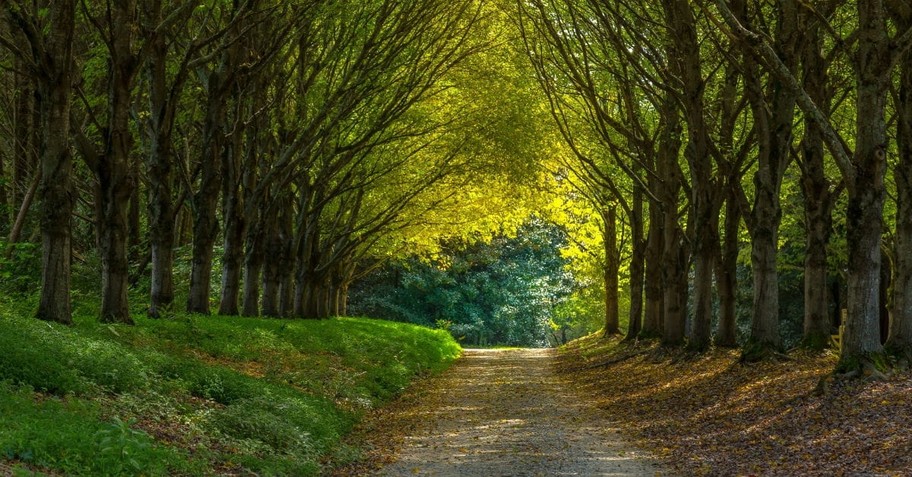
"Sun Shine Warm Upon Your Face" Meaning and Symbolism
“May the sun shine warm upon your face,”alludes to God’s Mercy, and many sources referenced Luke 1:78:
"Because of the tender mercy of our God, by which the rising sun will come to us from heaven.” (NIV)
The “sun will come,” in this verse has ancient roots, according to the NIV Cultural Backgrounds Study Bible. It may reference Elijah’s preparation for the Lord, “But for you who revere my name, the sun of righteousness will rise with healing in its rays.” (Malachi 4:2 NIV).
Knowing that the exact translation of the word “rise” is actually “succeed,” what do Scriptures that refer to the rising sun mean? Perhaps, the sun rises and God’s purpose and love for us continue every day, regardless of what our perception of a successful road may be. Out of His great love, the sun continues to rise, and His Son’s victory gives us the hope we need to cling to on our journey.
Photo Credit: Unsplash/Alfred Schrock
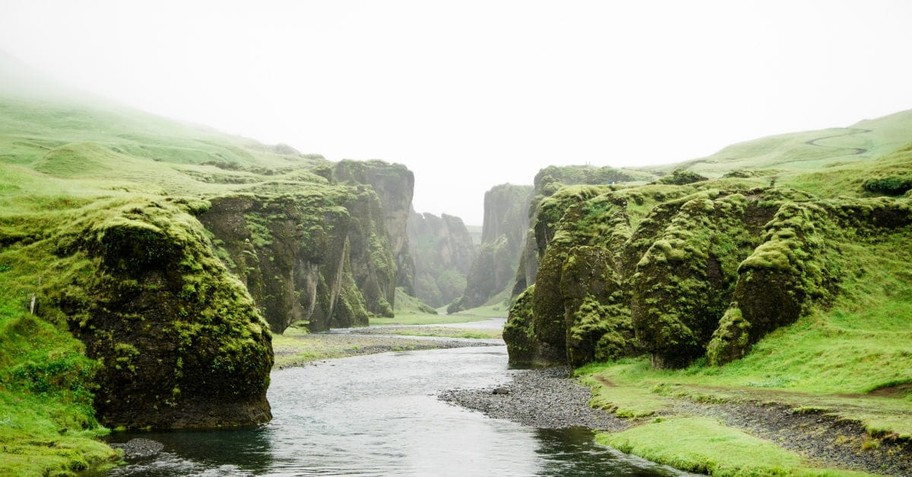
"Rain Fall Soft On Your Fields" Meaning and Symbolism
“The rains fall soft upon your fields," for an ancient Irish farmer, was a symbol of God’s provision. The lush green landscape couldn’t exist without a steady amount of rain. In this prayer, it’s a reminder of God’s provision for us. We are watered through prayer and Scripture and provided for by a God who knows our needs before we realize them. The evidence of His provision is revealed in nature, His Creation. Just as God cares for His creation through sending rain, so His Word cares for our soul and spirit.
Photo Credit: Unsplash/Martin Sanchez
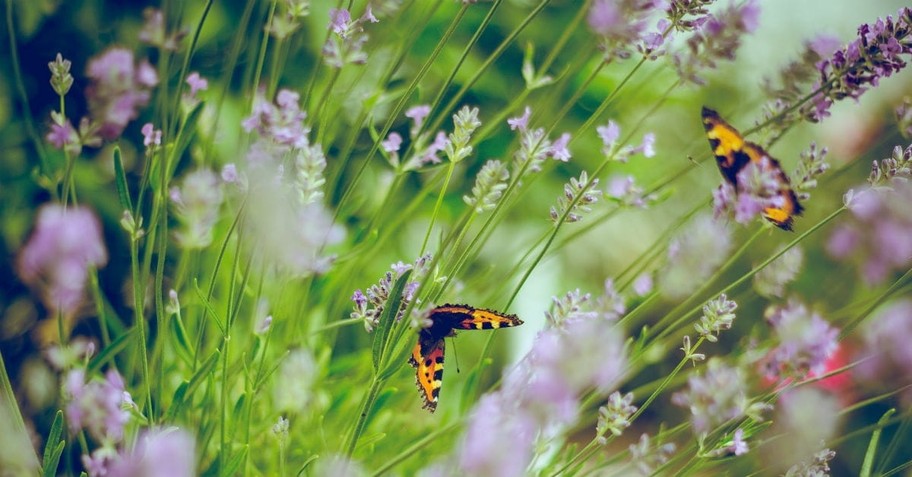
"May God hold you in the palm of His hand" Blessing
“May God hold you in the palm of His hand.” For a culture enriched by the beauty of nature that surrounded them, perhaps this ending sentiment brings us back to the notions repeated in Scripture so often, ‘Don’t be afraid,’ and ‘don’t worry.”
“See how the flowers of the field grow. They do not labor or spin. Yet I tell you that not even Solomon in all his splendor was dressed like one of these. If that is how God clothes the grass of the field, which is here today and tomorrow is thrown into the fire, will he not much more clothe you—you of little faith?” Matthew 6:28b-29 NIV
Photo Credit: Unsplash/Emiel Molenaar
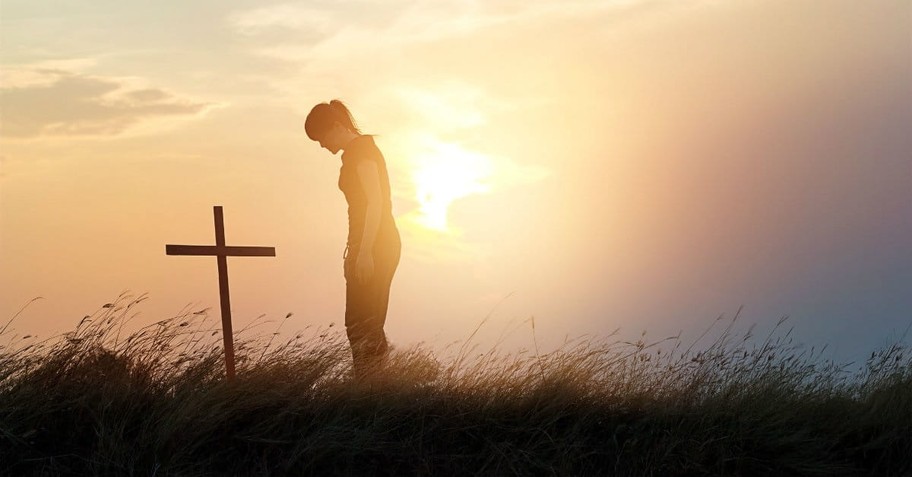
"May the Road Rise Up to Meet You" Video to Bless You
It’s both enlightening and extremely touching to know that despite the doctrinal differences that humanity has fought and battled over throughout the centuries, prayers like “May the Road Rise to Meet You” bring a common thread to the surface. Though technically author-less, our Author speaks clearly through this prayer that has spanned and survived the centuries, as a reminder that we all serve the same great God.
We have all been saved by grace and thus awe at His creation around us. Be it be the 4th century Irish coastline or today’s unmistakable sunrise, we remain connected over the centuries by God’s unchanging majesty and love for us through nature. And the people have been moved by and ministered to through it over time.
Click here for more Irish blessings and prayers.
Meg writes about everyday life within the love of Christ on her blog, https://sunnyand80.org. She is a stay-at-home mom, freelance writer, blogger, and preparing to release her first book, “Friends with Everyone.” She resides in Northern Ohio with her husband of eleven years, two daughters, and their Golden-doodle.
Photo Credit: Thinkstock
Originally published September 19, 2018.


